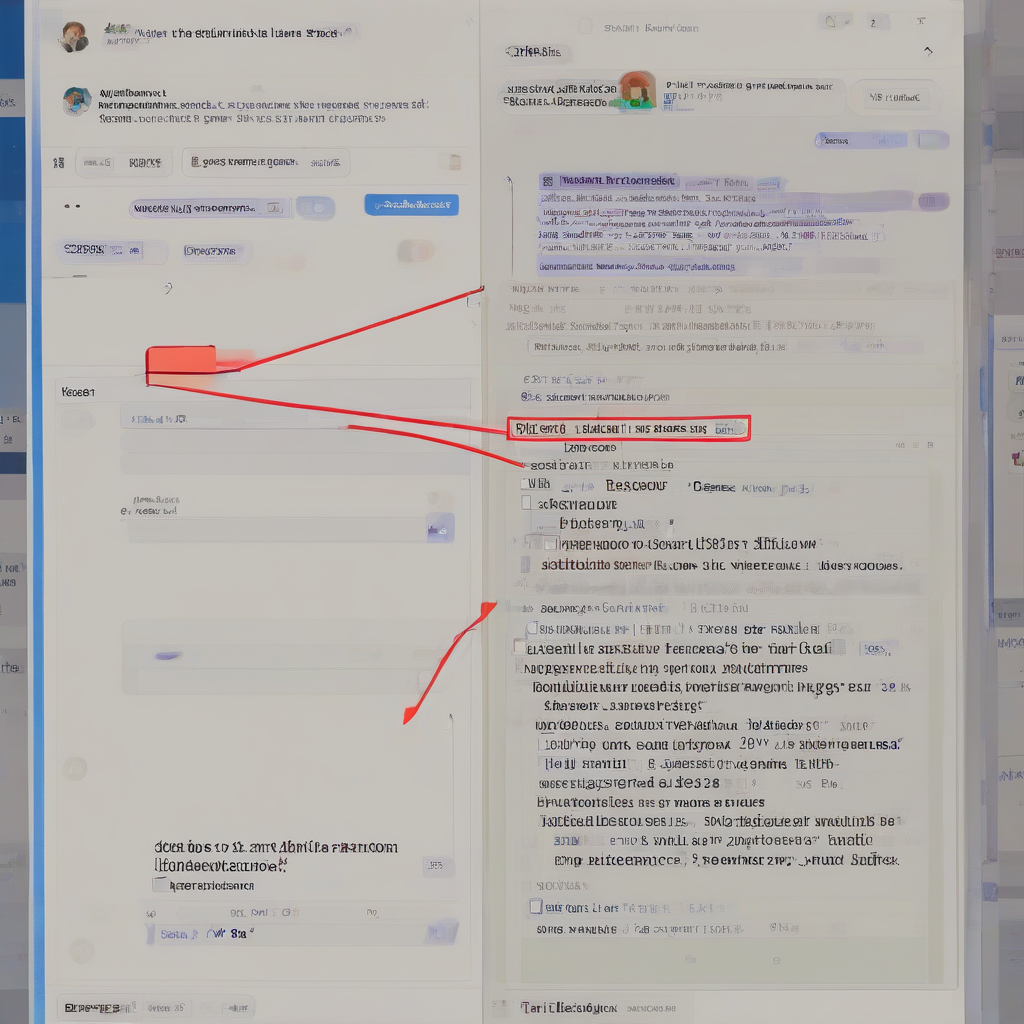Is ServiceNow an ERP? Demystifying the Relationship

Is ServiceNow an ERP? Demystifying the Relationship
The world of enterprise software is vast and complex, with numerous solutions vying for attention. Two prominent categories that often spark confusion are Enterprise Resource Planning (ERP) and IT Service Management (ITSM) systems. One name frequently mentioned in both contexts is ServiceNow, a leading platform known for its ITSM capabilities. But is ServiceNow truly an ERP? This article aims to demystify this relationship, providing a clear understanding of the core functions of each software type and how ServiceNow fits into the picture.
Understanding ERP and ITSM
Before diving into the relationship between ServiceNow and ERP, let's define each software category:
Enterprise Resource Planning (ERP)
- Definition: ERP systems are designed to integrate and manage core business processes across an organization. They encompass various functional modules such as:
- Finance
- Human Resources
- Supply Chain Management
- Manufacturing
- Sales and Marketing
- Key Features:
- Centralized data repository
- Real-time reporting and analytics
- Automation of business processes
- Integration with various business systems
- Streamlined decision-making
- Examples: SAP, Oracle, Microsoft Dynamics 365, Infor
IT Service Management (ITSM)
- Definition: ITSM systems focus specifically on managing IT services and their lifecycle, from incident resolution to change management and asset tracking.
- Key Features:
- Incident and problem management
- Change and release management
- Service level agreement (SLA) management
- Asset and configuration management
- Knowledge management
- Examples: ServiceNow, BMC Remedy, Jira Service Desk
ServiceNow: A Multifaceted Platform
ServiceNow is a cloud-based platform known primarily for its capabilities in IT Service Management. However, its scope extends far beyond ITSM, encompassing:
- ITSM: ServiceNow excels in incident, problem, change, and release management, along with service level agreement tracking and automation. It's a comprehensive solution for streamlining IT operations.
- Customer Service Management (CSM): ServiceNow offers modules for managing customer interactions, resolving issues, and enhancing customer satisfaction. This aligns with the growing emphasis on customer-centricity in businesses.
- Employee Service Management (ESM): ServiceNow extends its service management principles to the internal workforce, empowering employees to access support, request resources, and manage their work more effectively.
- Governance, Risk, and Compliance (GRC): ServiceNow helps organizations manage compliance obligations, mitigate risks, and ensure regulatory adherence.
- Security Operations: ServiceNow offers capabilities for security incident response, threat management, and vulnerability remediation.
- Workflow and Automation: ServiceNow's core foundation lies in automating business processes, which can be applied across various departments, not just IT.
The Overlap: Is ServiceNow an ERP?
While ServiceNow is not a traditional ERP system, it can play a significant role in integrating with and complementing ERP systems. Here's how:
- Data Integration: ServiceNow can integrate with ERP systems, allowing for seamless data sharing and workflow coordination. This enables organizations to access and leverage critical information from both platforms.
- Process Automation: ServiceNow's powerful automation capabilities can extend to ERP-related processes, automating tasks like purchase order approvals, invoice processing, and employee onboarding. This improves efficiency and reduces manual effort.
- Service Level Agreements (SLAs): ServiceNow can track and manage SLAs for ERP-related services, ensuring timely fulfillment of requests and resolving any issues promptly.
- Employee Self-Service: ServiceNow's ESM capabilities can empower employees to manage their own HR-related tasks, like leave requests, expense reporting, and accessing company information, reducing the burden on HR staff.
- IT Service Management for ERP: ServiceNow can help organizations manage the lifecycle of their ERP system itself, ensuring its availability, performance, and smooth operations.
ServiceNow vs. ERP: The Distinctive Roles
Although ServiceNow can integrate with and complement ERP systems, they are not interchangeable. They serve different purposes:
- ERP: Focuses on core business processes, including finance, HR, supply chain, and manufacturing. It is a central platform for managing operational data and workflows.
- ServiceNow: Focuses on service management, encompassing IT, customer service, employee services, and other areas. It provides a framework for streamlining processes, automating tasks, and improving service delivery.
The Future: ERP and ServiceNow Collaborating
The future of enterprise software is likely to involve increasing collaboration between ERP and service management platforms like ServiceNow. Here's why:
- Digital Transformation: Organizations are embracing digital transformation, seeking to integrate systems and processes for greater efficiency and agility. This necessitates closer integration between ERP and service management solutions.
- Customer Experience: Customer experience is paramount in today's competitive landscape. Integrating service management capabilities with ERP systems can enhance customer interactions and provide seamless support.
- Employee Empowerment: Organizations are striving to empower employees with self-service capabilities and access to information. Integrating ERP and service management platforms can facilitate this.
- Data-Driven Decisions: Leveraging data from both ERP and service management systems can provide comprehensive insights, enabling organizations to make more informed decisions.
Conclusion
While ServiceNow is not an ERP, it is a powerful platform that can significantly enhance and extend the capabilities of ERP systems. By integrating with ERP solutions, automating processes, and providing service management capabilities, ServiceNow empowers organizations to achieve greater efficiency, streamline operations, and enhance customer and employee experiences. As the world of enterprise software continues to evolve, the relationship between ERP and service management platforms like ServiceNow is likely to become even more dynamic and integrated.
What's Your Reaction?

















